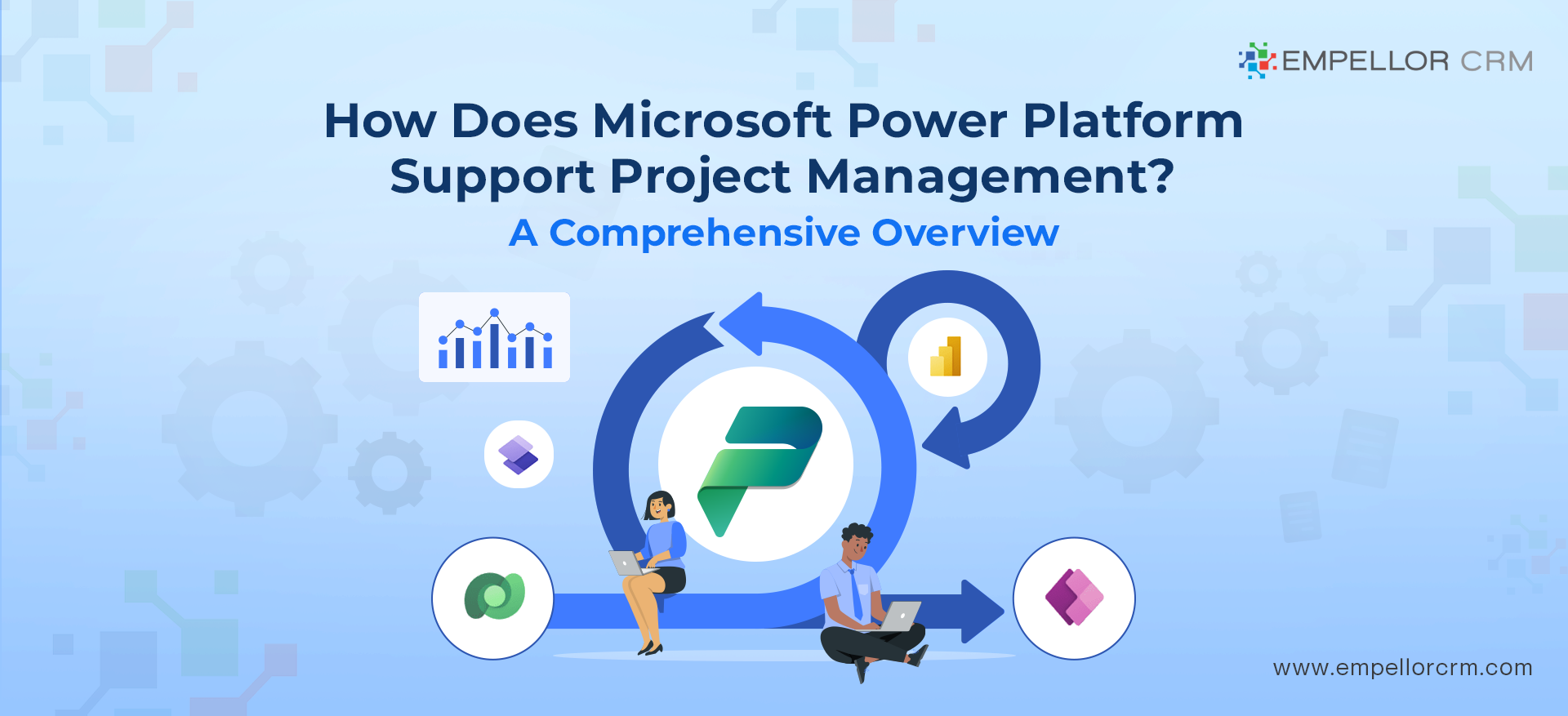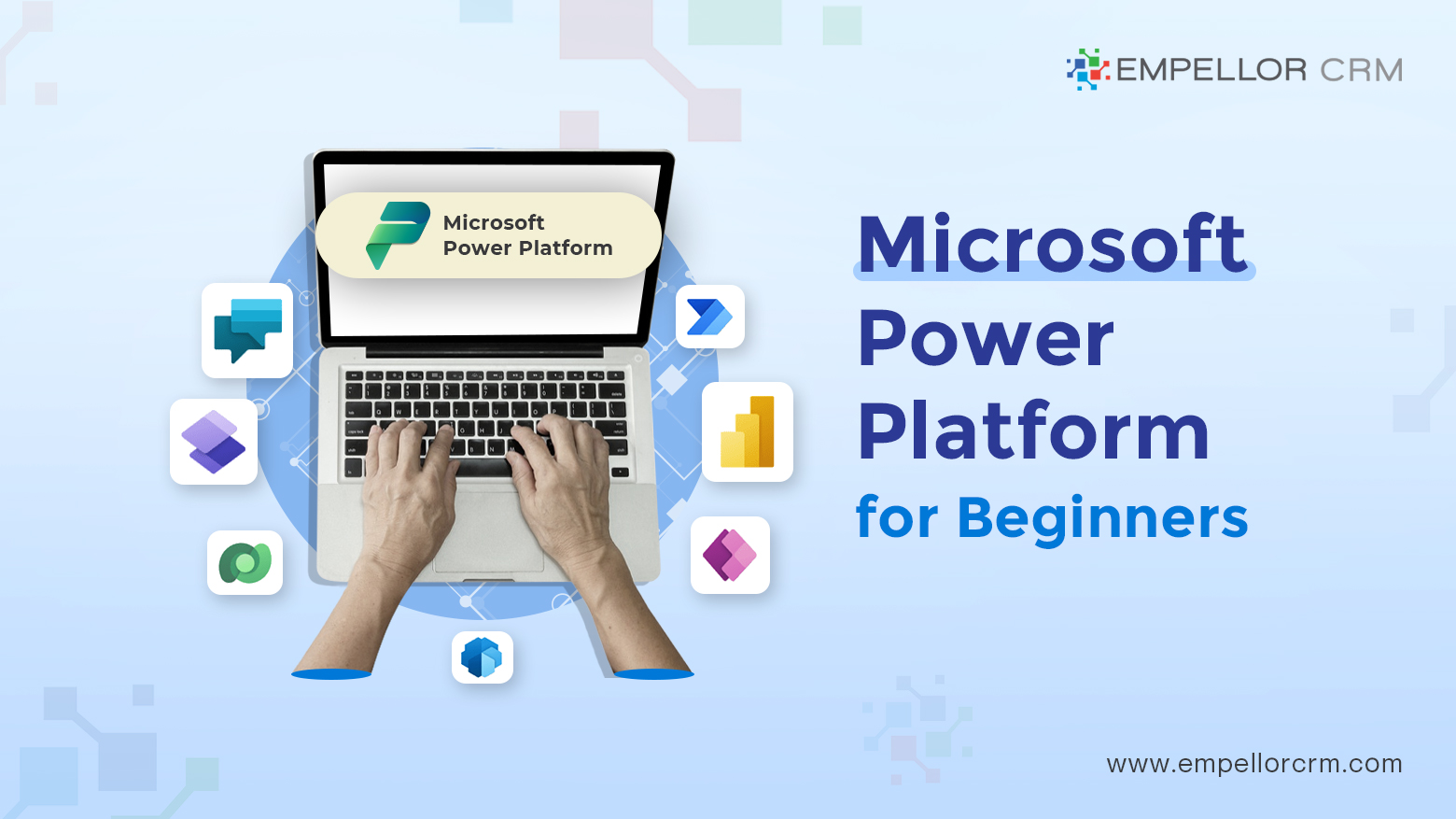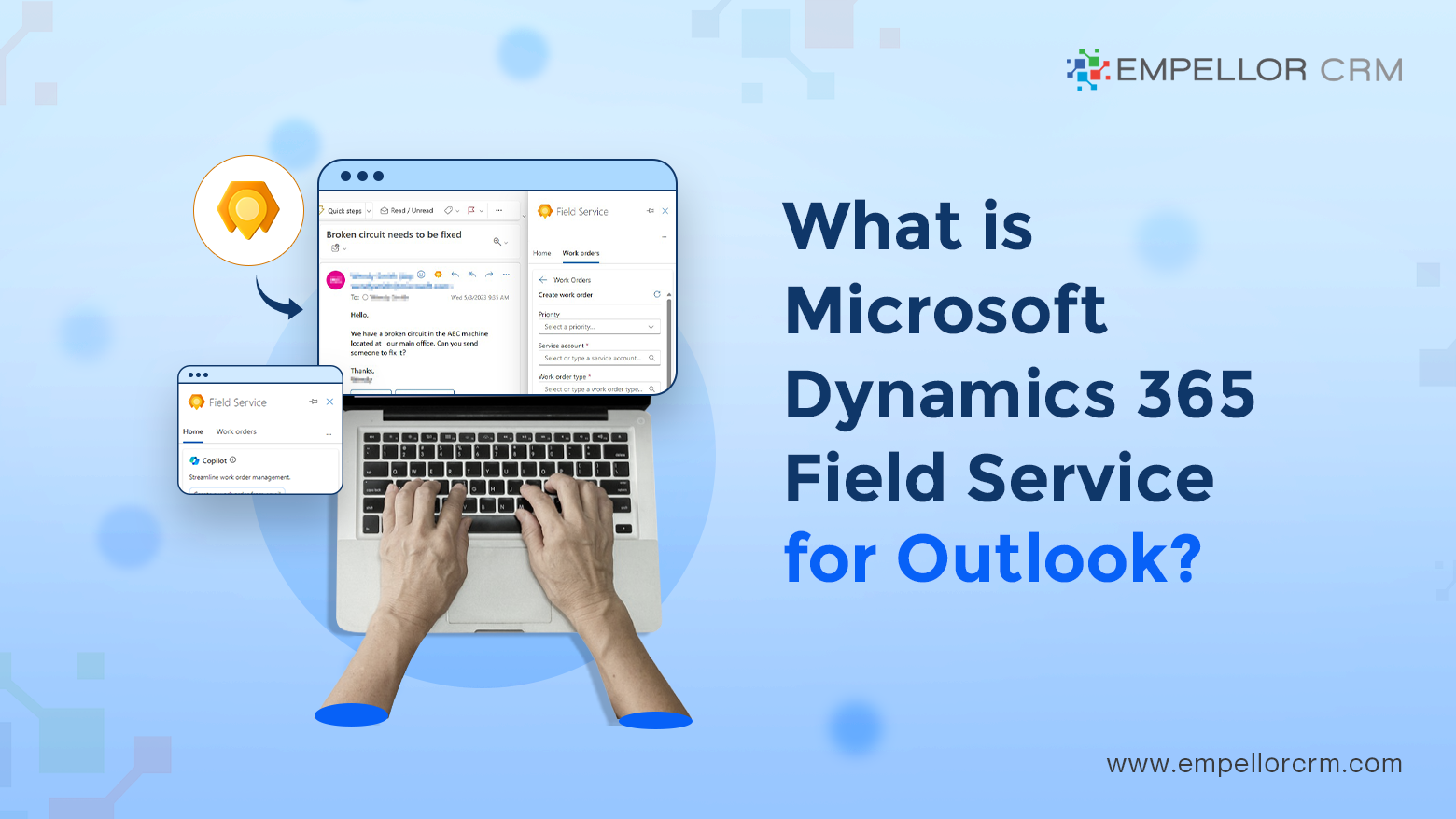Claim your free copy of the book CRM Shouldn’t Suck
Claim your free copy of the book CRM Shouldn’t Suck
How Does Microsoft Power Platform Support Project Management? A Comprehensive Overview

Microsoft Power Platform is becoming a vital tool for businesses, but how does Microsoft Power Platform support project management? This powerful suite of tools integrates seamlessly with other Microsoft products to enhance project management processes. In this blog post, we’ll explore how Microsoft Power Platform supports project management by simplifying workflows, improving collaboration, and providing actionable insights.
1. How Does Microsoft Power Platform Support Project Management? The Essentials
Microsoft Power Platform supports project management by offering a set of tools—Power BI, Power Apps, Power Automate, and Power Virtual Agents—that streamline various aspects of managing projects. Whether you’re tracking progress, automating tasks, or analyzing data, the Power Platform enables project managers to work more efficiently and effectively.
Power BI, for instance, allows you to visualize project data through interactive dashboards, helping teams stay informed and make data-driven decisions. Power Apps lets you create custom applications tailored to your project’s needs, while Power Automate automates repetitive tasks, freeing up time for more strategic activities. Lastly, Power Virtual Agents can be used to build chatbots that handle routine queries, ensuring your team can focus on what matters most.
2. Streamlining Workflows with Power Platform
So, how does Microsoft Power Platform support project management in terms of workflows? Power Automate plays a key role here by automating routine tasks that can bog down your team. For example, you can set up automated notifications for task deadlines, approvals, or status updates, ensuring that everyone stays on track without needing to send countless emails.
Power Apps also contributes to streamlined workflows by allowing you to create custom solutions that fit your specific project management needs. Instead of relying on off-the-shelf software, you can build an app that aligns perfectly with your processes, whether it’s for tracking project milestones, managing resources, or handling approvals.
3. Enhancing Collaboration and Communication
Effective project management relies heavily on collaboration, and this is another area where Microsoft Power Platform excels. Power BI’s interactive dashboards allow team members to share insights and track progress in real-time, fostering better communication and collaboration across departments.
Power Virtual Agents can enhance team collaboration by providing instant answers to common questions. For example, you can create a chatbot to handle frequently asked questions about project protocols, timelines, or resource allocation, reducing the back-and-forth that often occurs in project management.
4. Providing Actionable Insights with Power BI
How does Microsoft Power Platform support project management with data? Power BI is the answer. This tool provides project managers with deep insights into project performance through data visualization. You can create dashboards that display key performance indicators (KPIs), track budget versus actual spend, and monitor timelines.
These insights enable project managers to make informed decisions quickly. For instance, if Power BI shows that a project is at risk of falling behind schedule, you can take corrective action immediately, rather than waiting until it’s too late.
5. Customizing Solutions to Fit Your Project’s Needs
One of the standout features of Microsoft Power Platform is its ability to adapt to your project’s unique requirements. Power Apps allows you to build custom applications that are specifically designed for your team’s workflow. Whether you need a tool for time tracking, resource management, or risk assessment, Power Apps lets you create a solution that fits perfectly.
This customization is particularly useful in project management, where no two projects are alike. By tailoring tools to your needs, you can ensure that your project management processes are as efficient and effective as possible.
6. Getting Started with Microsoft Power Platform for Project Management
Ready to see how Microsoft Power Platform supports project management in your organization? Start by identifying the key areas where you need support, such as data analysis, task automation, or team collaboration. Then, explore how each component of the Power Platform—Power BI, Power Apps, Power Automate, and Power Virtual Agents—can be leveraged to meet those needs.
In summary, Microsoft Power Platform supports project management by providing powerful tools that streamline workflows, enhance collaboration, and deliver actionable insights. Whether you’re managing a small team or overseeing a large-scale project, Power Platform can help you achieve your goals more efficiently.


